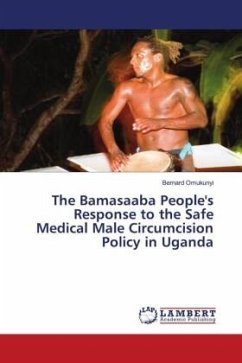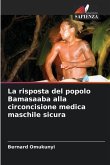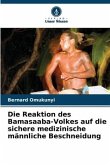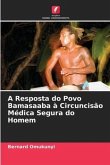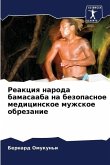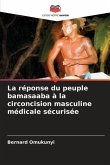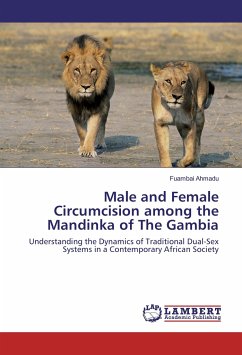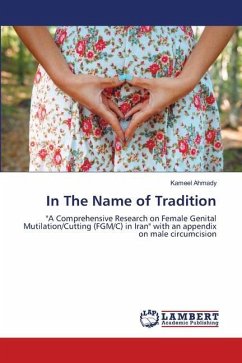Bamasaaba people hail from eastern frontier of Mt. Eligon in Uganda. They are organised under one cultural institution known as Inzu ya Masaaba ('the house of Masaaba'), headed by the ceremonial, cultural ruler called Umukuuka. He is assisted by cultural leaders selected from various clans to form his cabinet which oversees all cultural activities particularly the traditional male circumcision (TMC), commonly known as imbalu. These people are strongly attached to Imbalu culture which forms one of the most significant cultural practices and is performed outside medical settings by traditional surgeons with a spiritual vocation. Among the Bamasaaba, bravery is the cultural driving force behind the designation of umusaani burwa (brave man), expressed through the act of pain endurance during initiation process. The men who receive medical male circumcision acquire hegemonic masculinity which is symbolically eliminated by men from the definition of manhood. It is believed that men's character such as courage, strength, independence, leadership, and assertiveness are acquired through the complete process of initiation by fulfilling the cultural practices of Imbalu in Bugisu.
Bitte wählen Sie Ihr Anliegen aus.
Rechnungen
Retourenschein anfordern
Bestellstatus
Storno

